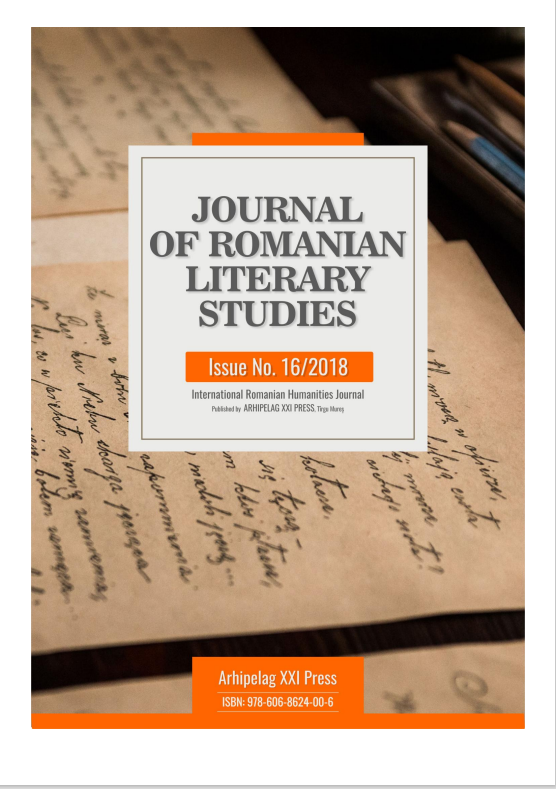A TRIP TO THE LAND OF AGAPE
A TRIP TO THE LAND OF AGAPE
Author(s): Alexandra Dărău-ȘtefanSubject(s): Philosophy, Language and Literature Studies, Theology and Religion, Philosophy of Religion
Published by: Editura Arhipelag XXI
Keywords: journey; otherness; Agapè;
Summary/Abstract: The primary meaning of the act of travelling is detaching oneself from the land to which one belongs and moving towards other territories, attractive or, on the contrary, terrifying. But apart from the physical, geographical shifting undertaken by the traveller, from a symbolic point of view, this journey represents the inner road, the spiritual quest of the one who, willingly or compelled, sets off on an adventure. Thus, this trip full of pitfalls may symbolize the road to light, transcendent knowledge and truth. Freed from all the shackles of possession, on his way to God, this hiker becomes an itinerant being, a pilgrim guided by the divine light, a Homo Viator in the marcellian sense of the term. Our analysis aims to accompany the travelling characters of Alma, the penultimate novel bearing Le Cléziořs signature, on their way to God, to human fraternity and to Agapè. In order to do this, we will focus our attention on the corporal works of mercy at the heart of which lies, in this novel, the hospitality offered to the pilgrim. By relying mainly on the theological precepts of Saint Thomas Aquinas, as well as on the philosophical statements of Gabriel Marcel or Jacques Derrida, we hope to lead to a new reading of Alma, giving all its weight to charity, the altruistic love that the leclézien text unequivocally preaches.
Journal: Journal of Romanian Literary Studies
- Issue Year: 2019
- Issue No: 16
- Page Range: 1328-1339
- Page Count: 12
- Language: French

